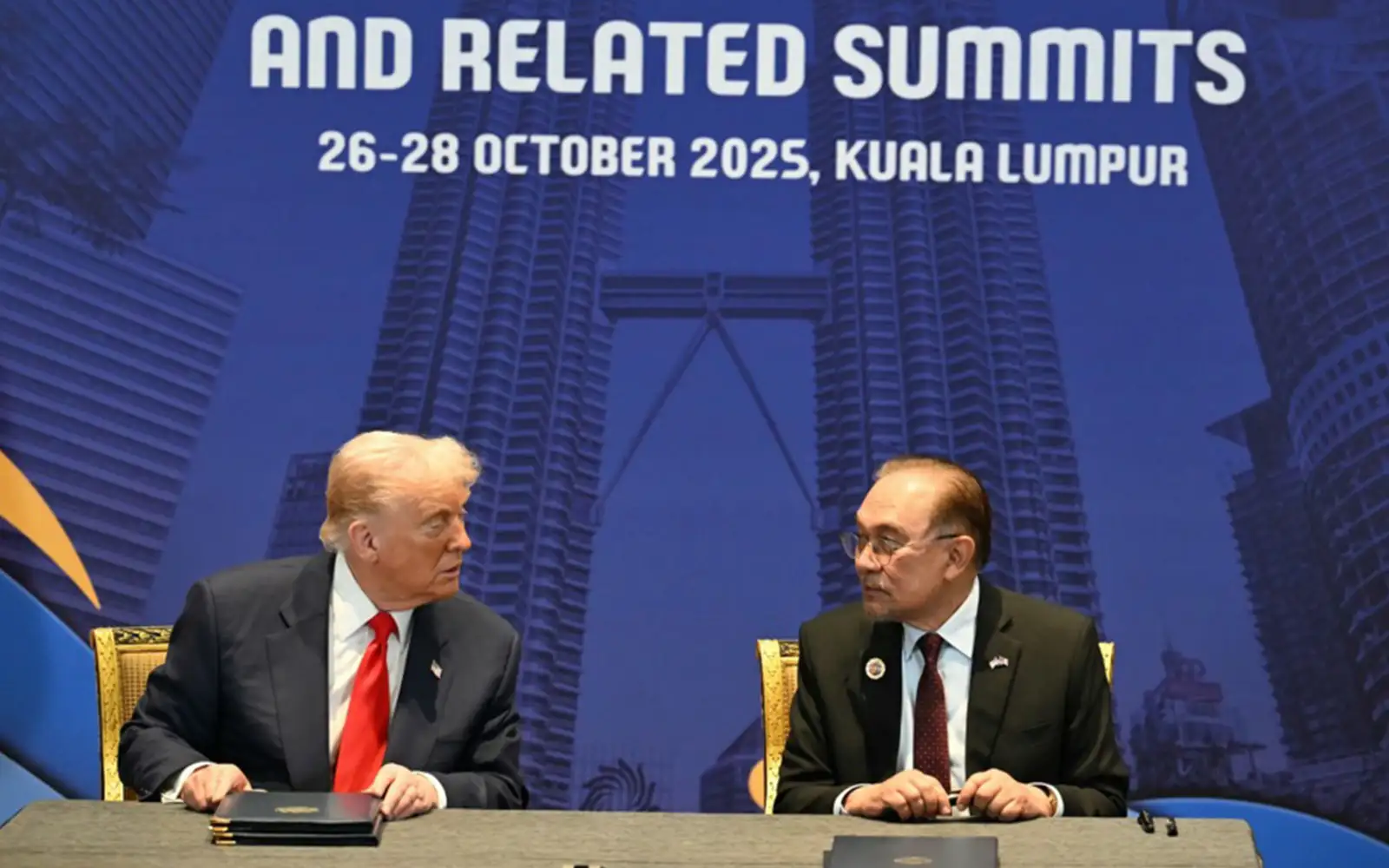News Flash

KUALA LUMPUR, Oct 26, 2025 (BSS/AFP) - US President Donald Trump and Malaysian Prime Minister Anwar Ibrahim signed a trade agreement Sunday, boosting US access to critical minerals as China tightens controls on rare earths.
Beijing this month announced sweeping restrictions on the rare earths industry, prompting Trump to threaten 100 percent tariffs on imports from China in retaliation.
Trump is in the Malaysian capital Kuala Lumpur at the Association of South East Asian Nations (ASEAN) summit, ahead of a meeting with Chinese leader Xi Jinping on Thursday.
Under the new US-Malaysia deal, Kuala Lumpur pledged to "refrain from banning or imposing quotas on exports to the US of critical minerals", while Washington agreed the formalisation of a 19 percent tariff on Malaysian goods.
"Malaysia has committed to ensure no restrictions are imposed on the sale of rare earth magnets to US companies", the White House said in a joint statement.
Malaysia also vowed to speed up development of its critical minerals sector in partnership with US firms, including extending operating licences to boost production capacity.
US Trade Representative Jamieson Greer said the deal would make investment and trade in critical minerals "as free as possible and as resilient as possible".
"We live in a world where having these critical minerals is important to our manufacturing, to our technology and to our economy," Greer said at the signing.
"It's very important that we cooperate as willing partners with each other to ensure that we can have smooth supply chains."
Malaysia said in 2023 that it holds around 16.2 million tonnes of untapped rare earth reserves.
A nationwide moratorium on raw rare earth exports took effect on January 1, 2024, aiming to encourage domestic processing.
At the height of a US-China trade dispute in 2019, Chinese state media suggested that rare earth exports to the United States could be cut in retaliation -- sparking fear among manufacturers.
In 2010, Japan experienced the pain of a cut-off when China halted rare earth exports over a territorial conflict.
Since then, Tokyo has pushed hard to diversify supplies, signing deals with the Australian group Lynas for production from Malaysia, and ramping up its recycling capabilities.